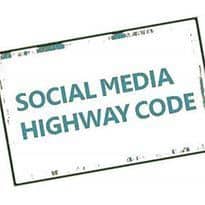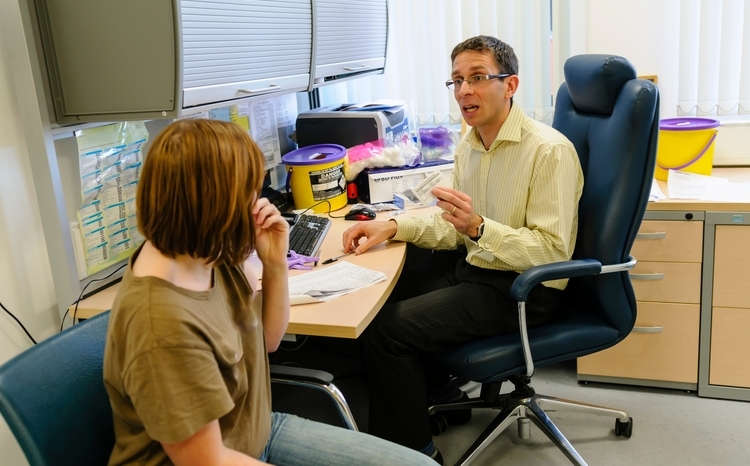GPs can ride the social media highway
- 19 March 2013

A guide to help UK doctors navigate the ethical and confidentiality dilemmas posed by social media has been published by the Royal College of General Practitioners.
The RCGP worked in collaboration with Doctors.net.uk and LimeGreen Media to produce the Social Media Highway Code – a 10-point plan providing practical and supportive advice for doctors on the use of social media.
The main points in the new code include the need to; recognise that the personal and professional cannot always be separated; engage with the public, but be cautious of giving personal advice; respect the privacy of all patients, especially the vulnerable; and show your human side, but maintain professional boundaries
A first draft of the guide was launched at the RCGP annual conference last October.
Since then, healthcare professionals worldwide have been providing feedback on it via Twitter, Facebook and the online forums on Doctors.net.uk. This feedback was reviewed and the themes incorporated into the new code.
Changes added include more information on the extra responsibilities that doctors can hold as ‘data controllers’, and more tips and advice on communicating with the public and with colleagues.
Dr Ben Riley, lead-author of the code and curriculum director for the RCGP, said the code had a practical focus and addressed a number of challenging areas that GPs had been asking about for some time.
“There are many opportunities for GPs and other healthcare professionals to take the lead in developing how social media can be used to improve healthcare,” he said.
“At the same time healthcare professionals need to protect their patients and support each other with using these new ways of communicating.”
A recent exclusive survey for eHealth Insider, conducted by doctors.net.uk, revealed that a majority of GPs (58%) had never interacted with their patients via social media.
Those who said they had overwhelmingly cited their practice website. Just 3% used Facebook, 2% used Twitter and 1% used YouTube.
Dr Riley and fellow co-author Dr Clare Gerada will hold a lunchtime Twitter debate on 22 March (#RCGPSoMe ) to discuss how social media affects doctors and patients and how the benefits could be rolled out to wider society.




